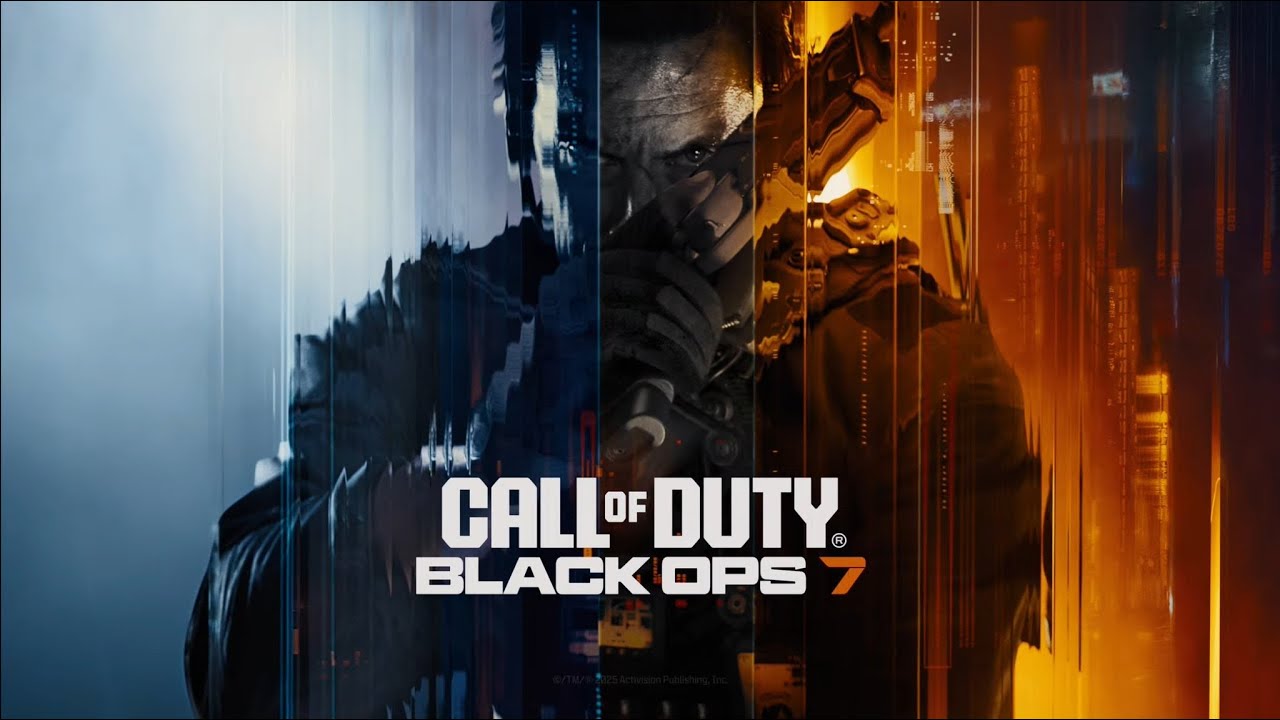
The digital battlegrounds of Call of Duty have long been a realm of intense competition, strategic plays, and unfortunately, a persistent shadow: cheating. For years, the developers at Activision, alongside their dedicated anti-cheat team Ricochet, have waged a relentless war against those who seek to undermine fair play. Now, with the highly anticipated Call of Duty: Black Ops 7 beta on the horizon, Activision is deploying a significant new weapon in its arsenal, one that delves deep into the very hardware of PC players: TPM 2.0 and Secure Boot.
The Guardians of Integrity: TPM 2.0 and Secure Boot Explained
This isn`t merely another software update; it`s a fundamental shift towards hardware-enforced security. For PC players diving into the Black Ops 7 beta from October 2nd to October 8th (with early access starting October 2nd), these measures will be mandatory. But what exactly do TPM 2.0 and Secure Boot entail?
- TPM 2.0 (Trusted Platform Module): Think of this as a dedicated, tamper-resistant microchip on your motherboard. Its primary role is to secure cryptographic keys and perform integrity checks, ensuring that your system`s boot process hasn`t been compromised. When mandated by a game, it provides a strong, hardware-level attestation that your system is running legitimate software, making it significantly harder for malicious programs (like cheats) to inject themselves unnoticed.
- Secure Boot: This is a feature of your PC`s UEFI (Unified Extensible Firmware Interface) firmware that prevents unauthorized operating systems and software from loading during the boot process. Essentially, it acts as a digital gatekeeper, only allowing digitally signed and trusted software to launch. Combined with TPM 2.0, Secure Boot adds another layer of verification, ensuring that the game environment is as pristine as possible before a match even begins.
Together, these technologies create a formidable barrier. It’s like installing digital bouncers at the entrance of the game`s VIP section, rigorously checking credentials before letting any unauthorized software or modifications mingle with the legitimate players. Activision claims these measures «raise the bar for security in PC gaming,» and frankly, they just might be right.
A Calculated Escalation in the Digital Arms Race
This move isn`t born out of sudden inspiration but rather from a long, arduous struggle. Team Ricochet has been working tirelessly, implementing various mitigations that have already impacted over 55,000 cheaters recently, preventing them from performing core in-game actions. However, the cat-and-mouse game with cheat developers is constant, and each successful countermeasure eventually sees a new bypass emerge.
By shifting to hardware-level requirements, Activision is making a bold statement: the era of easy software exploits might be nearing its end. This isn`t just about detection; it`s about prevention at a much deeper, more ingrained level. It’s an escalation in the digital arms race, one that places a significant burden on cheat developers, forcing them to contend with the very foundations of PC security.
The Two Sides of the Coin: Impact on Players
The implementation of TPM 2.0 and Secure Boot will undoubtedly have a dual impact on the Call of Duty community:
- For the Honest Players: This is unequivocally good news. Imagine less frustration, fewer suspicious kill cams, and a more genuine sense of accomplishment. The promise of cleaner lobbies and more authentic victories is a powerful draw, enhancing the overall enjoyment and longevity of the game.
- For the Malicious Actors: Their digital playgrounds just got a lot smaller, and significantly more expensive to access. The barrier to entry for cheating has been drastically raised, potentially deterring a significant portion of would-be cheaters. The days of simply downloading an easily accessible aimbot and wreaking havoc may soon be relegated to digital folklore.
- For the Unprepared (Honest) Players: A small subset of players might find themselves needing to enable these features in their PC`s BIOS settings, or in rarer cases, potentially needing a hardware upgrade if their system is particularly old. Progress, it seems, sometimes demands a quick trip to the BIOS menu, a minor inconvenience for the greater good of fair play. Fortunately, most modern PCs already support these features, often just needing them to be activated.
Elevating Esports: A Fairer Playing Field
For the competitive Call of Duty scene, particularly the online Challengers and amateur tournaments, these anti-cheat improvements are nothing short of revolutionary. Online esports has always grappled with the inherent difficulty of ensuring competitive integrity when players aren`t physically present under supervision. Hardware cheats, often undetectable by traditional software anti-cheat, have been a persistent threat.
The mandatory use of TPM 2.0 and Secure Boot directly addresses this vulnerability. By making it exceedingly difficult for hardware-based cheats to operate, Activision is providing a much-needed foundation for truly fair online competition. This not only protects the integrity of individual matches but also safeguards the reputation of tournaments and fosters a healthier, more credible esports ecosystem. Aspiring pros can now focus more on skill development and less on the nagging doubt of encountering an unfair adversary.
Setting a New Standard? The Future of PC Gaming Security
Activision`s move with Black Ops 7 isn`t just significant for Call of Duty; it could well be a harbinger for the wider PC gaming industry. As games become more interconnected and competitive, the demand for robust anti-cheat solutions grows. Could this be the beginning of a trend where hardware-enforced security becomes a standard prerequisite for major online titles? It`s a distinct possibility.
The collaboration between Activision, Microsoft, and hardware manufacturers, as highlighted by the developer, underscores the complex, multi-layered approach required to stay ahead of increasingly sophisticated cheats. The war on cheating is a continuous one, but with these new measures, Call of Duty: Black Ops 7 aims to deal a decisive blow, offering a beacon of hope for fair play in the ever-evolving landscape of online gaming.

